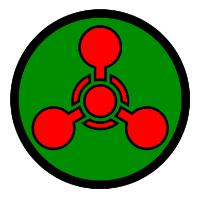Earlier this year, the Republic of the Congo became the 183rd state party to join the Chemical Weapons Convention (CWC), which forbids the development, production, acquisition, stockpiling, transfer, and use of chemical weapons (CW). In addition, the Indian media recently reported that the Indian government had eliminated over 90 percent of its chemical weapons, suggesting the country should fulfill its requirement to eliminate all its CW by April 2009. While welcome, these developments should not obscure the continuing difficulties facing the CWC as its April 2008 review conference approaches. Ambassador Rogelio Pfirter, head of the Organization for the Prohibition of Chemical Weapons (OPCW), the CWC's implementing agency, praised the Congo's ratification, as well as the December 2007 decision of the Iraqi government to join the convention, for moving the CWC closer to its goal of universal acceptance. According to Pfirter, only 12 countries have yet to ratify the CWC. The Chemical Weapons Convention bans the development, production, acquisition, stockpiling, transfer, and use of chemical weapons. Its provisions are of indefinite duration and apply to all activities potentially related to chemical weapons. The 500-man OPCW, based in The Hague, oversees the CWC's implementation by monitoring parties' compliance, using on-site inspections and other means.
Chemical Weapons Convention Faces Challenges Despite Recent Achievements

